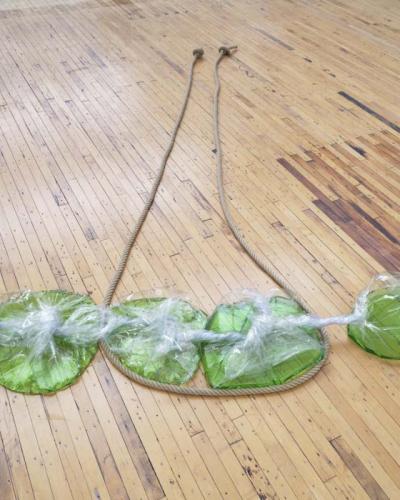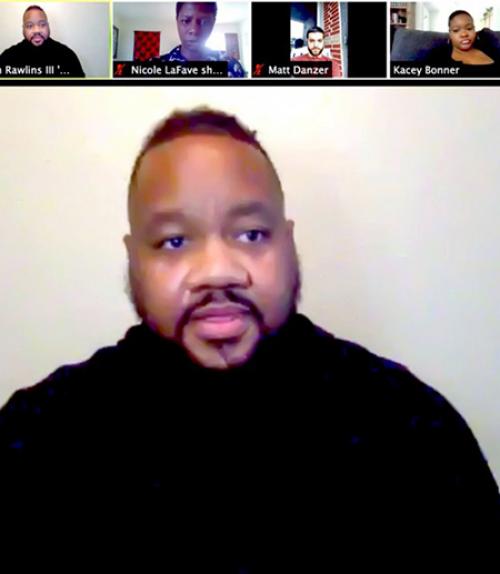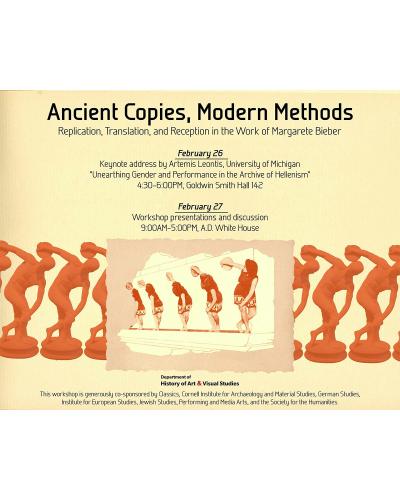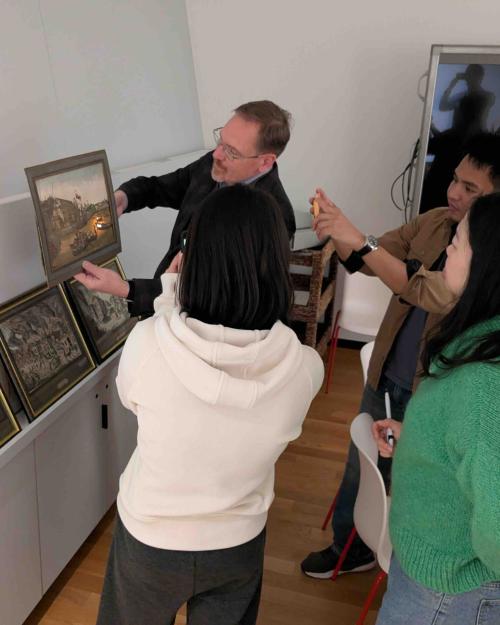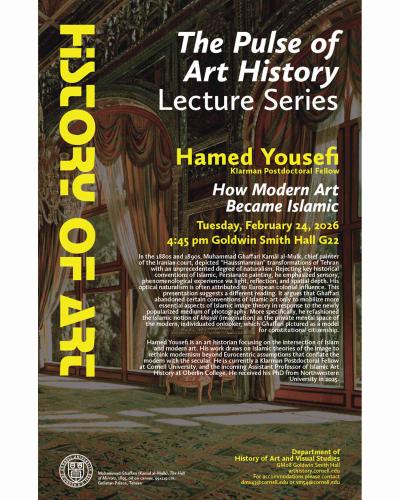 Department Homepage
The College of Arts & Sciences
Department Homepage
The College of Arts & Sciences
Diverse alums gather for conversations on race, justice
John Rawlins III '06, president of the Cornell Black Alumni Association, urged listeners to give the black community space to “share how we feel and to express what we want.”
More news
